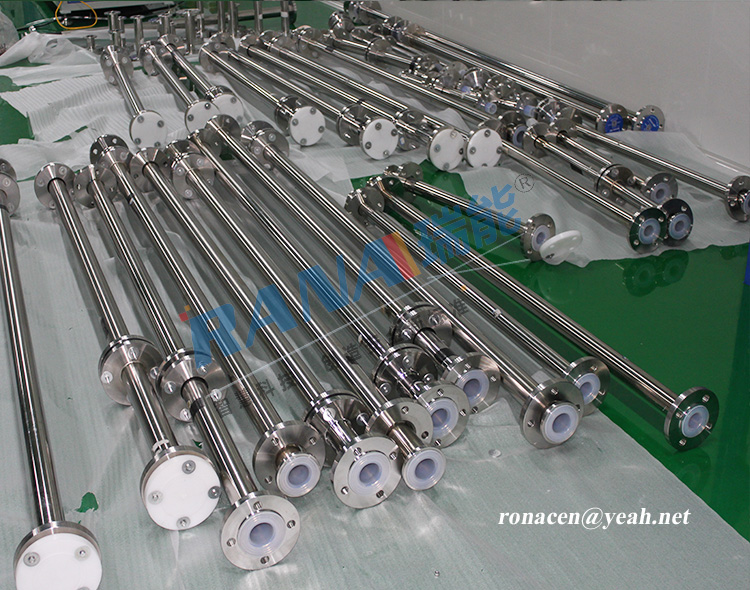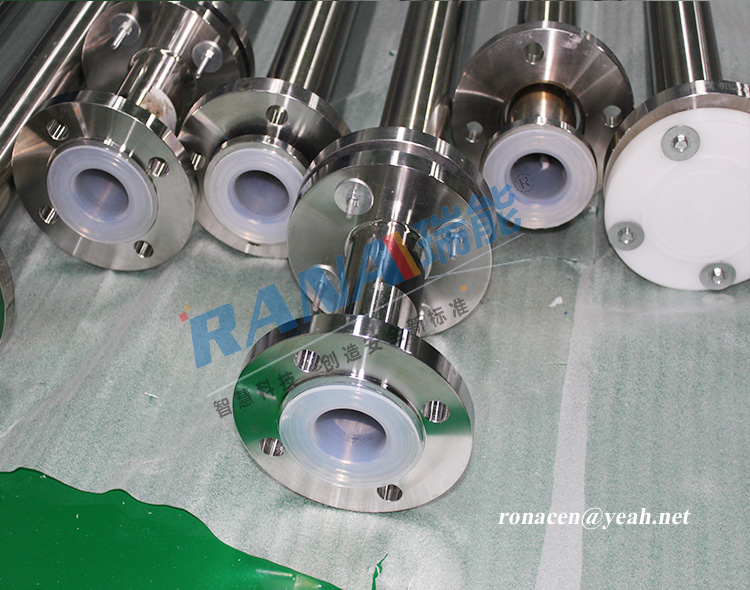RANA Fluoropolymer Lined Pipes and Fittings are all manufactured by advanced lining technology, which are widely used in chemical and pharmaceutical industries.
RANA commits to delivering great lined pipes and fittings, we pride ourselves on providng the highest quality of service.
whenever there is a PTFE, PFA lined pipes demand, don't hesitate to contact us, we are ready to provide you a solution.
Lining PTFE,Lining PFA,Lined Pipe,Lined Pipeline,Ptfe Lined Pipe,PFA Lined Straight Pipe JIANGSU RANA FLUORINE MATERIAL TECHNOLOGY CO., LTD , https://www.ranatank.com


CFD dispatchers go to permanent shifts
The Chicago Sun-Times recently published an article detailing a significant change in the scheduling practices for Chicago Fire Department dispatchers. This shift aims to enhance response times and cut down on $9.2 million in annual overtime costs, although concerns persist regarding potential employee burnout that could lead to critical errors in dispatching.
For seven decades, the fire call takers and dispatchers at Chicago's 911 center adhered to a rotating schedule where they worked four consecutive days on the same shift, followed by two days off before switching to another shift. The three shifts—morning (7 a.m. to 3 p.m.), afternoon (3 p.m. to 11 p.m.), and night (11 p.m. to 7 a.m.)—remained constant throughout this period. However, last week saw the conclusion of this long-standing rotating schedule amidst strong opposition from their union, IBEW Local 9.
As of January 5th, the 86 fire communications officers handling emergency calls for fires and medical incidents were transitioned to fixed shifts. The majority of these employees were placed on the busiest third shift. Gary Schenkel, executive director of the Office of Emergency Management and Communications, mentioned during City Council budget discussions that he was exploring an automated scheduling system and requested the Illinois Institute of Technology to conduct predictive analysis to identify peak call volume periods. The new fixed schedule is a result of these efforts.
"Typically, we receive over 30% of our calls post-3 p.m., indicating the need to allocate an additional 15-20% workforce to the third shift to better serve Chicago residents and support the Chicago Fire Department," Schenkel stated this week. "Currently, we operate on a rotating shift pattern. After a week on days, personnel switch to nights, then back to days. We cannot consistently align our staffing with peak call volumes."
Schenkel acknowledged that 78% of fire alarm staff voted against the change in a union poll. Nevertheless, he emphasized that the IBEW contract grants the city authority to implement necessary operational adjustments without union approval.
Jeff Johnson, a fire and EMS dispatcher and union steward for IBEW Local 9, argued that "no major U.S. city employs fixed shifts for fire dispatch, and there's a valid reason for that. Rotating schedules prevent burnout from prolonged high-stress conditions." He predicted that overtime expenses would rise, leading to increased absenteeism due to stress-related illnesses, along with more requests for sick leave and vacations. Additionally, he expressed concern about seniority bidding processes affecting public safety, stating that experienced personnel tend to select less demanding shifts, leaving the busier periods understaffed.
Schenkel countered these claims by citing extensive research suggesting that individuals on fixed shifts experience fewer health issues compared to those on rotating ones. "The advantages clearly surpass the drawbacks," Schenkel remarked. "We're not making decisions blindly. Let’s assess this for 90 days and adjust accordingly based on outcomes."
Over time, the Chicago Sun-Times has highlighted rising overtime costs at the 911 center due to insufficient staffing. Some operators doubled their earnings through overtime. Last autumn, Schenkel informed city officials that this issue escalated because of a $31 million renovation project disrupting operations while maintaining daily emergency call handling. Mayor Rahm Emanuel’s initial budget proposed reducing 17 fire dispatcher positions, laying off nine others, and cutting five supervisory roles. Following negotiations, the administration decided to eliminate ten vacant dispatcher roles, demote three supervisors and one dispatcher, and lay off one operator. Similarly, 45 police dispatcher jobs were eliminated alongside four out of 22 radio repair technician posts.
Thank you, Dan and Scott!